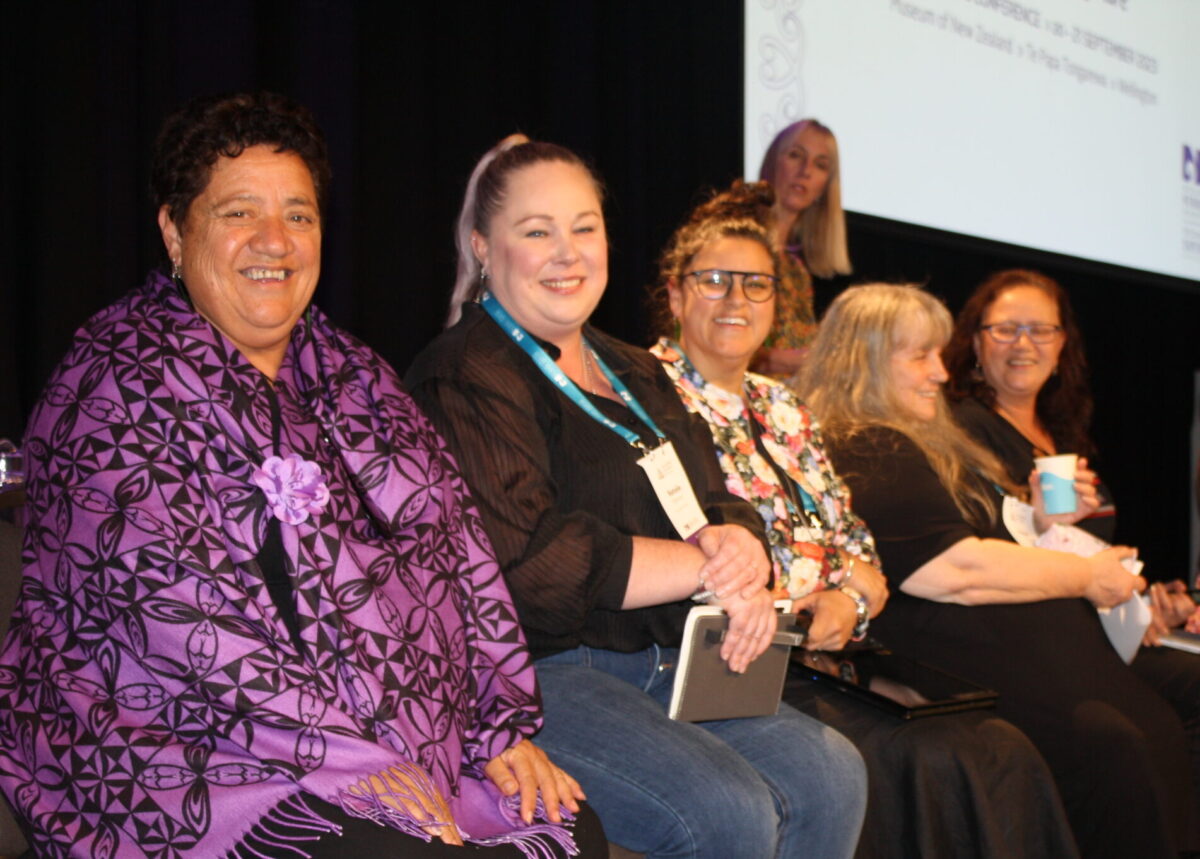Nurses across different sectors are fighting to protect their role from being encroached on by other, less-qualified, health workers.
At the same time, the kaiāwhina (caregiving) workforce is demanding recognition and respect, amid claims some are being exploited as cheap labour.
Both are seeking to define their roles, for their own protection — and that of patients.
‘At the end of the day, the last person looking after our patient in the perioperative workforce is a nurse. It is not a surgeon, it is not an anaesthetist, it is not a technician. It is me, it is you.’
Both nurses and kaiāwhina shared an emotional kōrero over their roles at the NZNO-Tōpūtanga Tapuhi Kaitiaki o Aotearoa conference in September.
On a ‘challenges for nurses’ panel, NZNO’s perioperative nurses college (PNC) chair Cassandra Raj told the conference members were concerned they were being driven out of operating theatres by a new perioperative practitioner role.
“We are critical to the health and wellbeing of patients and whānau — why are we directly under threat?”
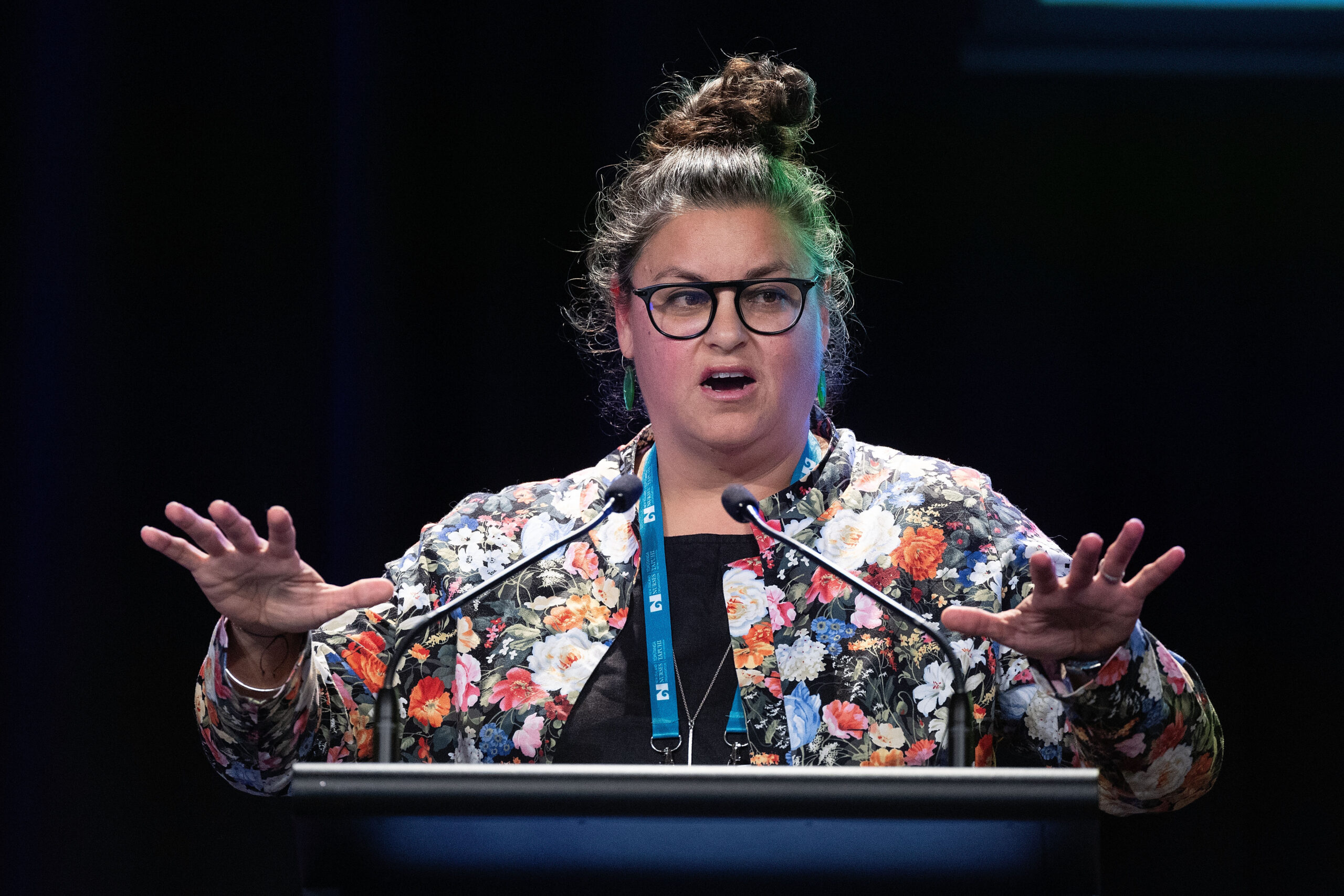
No longer “handmaidens” to doctors, she said perioperative nurses these days carried out tasks such as surgical safety checks previously led by surgeons. “We deliver. We are consistent. We are not stagnant and we are leaders,” said Raj.
Yet, instead of investing in nurse training, retention and professional development, hospitals were shifting to a different workforce, she said.
‘The focus should be on the value the unregulated team members add to the team — rather on them taking the place of nurses.’
The Cartwright Inquiry into experimental treatments on women with cervical cancer at National Women’s Hospital in the 1980s also showed nurses’ crucial patient safety role. “This event included nurses’ intervention and also placed New Zealand as a world leader in protecting the rights of health-care consumers.”
Raj said nurses were “critical” to safe health care.
“Nurses lead, nurses protect the public and nurses have the integrity of nursing practice to uphold,” she said.
“At the end of the day, the last person looking after our patient in the perioperative workforce is a nurse. It is not a surgeon, it is not an anaesthetist, it is not a technician. It is me, it is you. This is the role of the nurse.”
‘Evolving’ profession
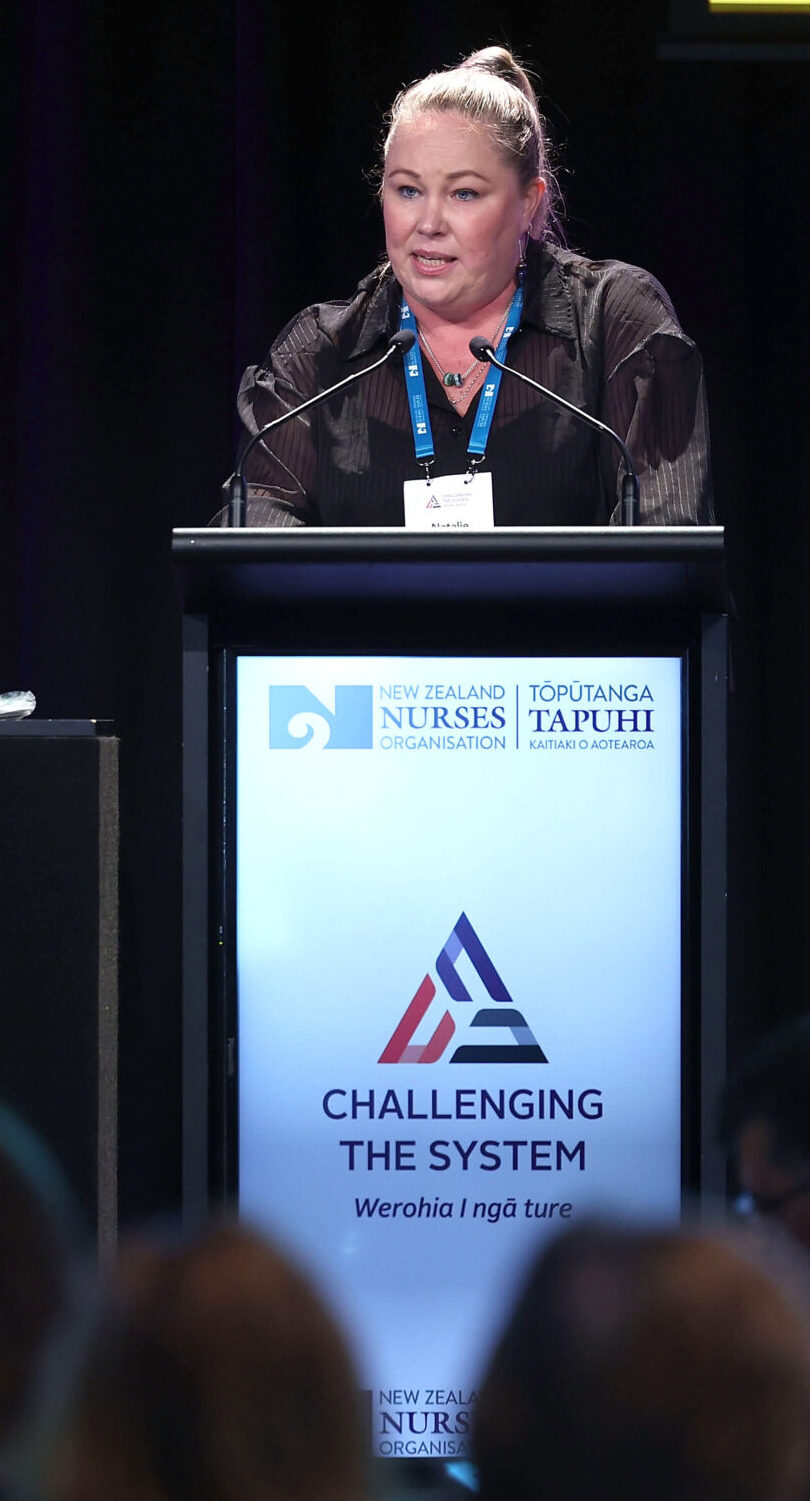
College of gerontology nursing chair Natalie Seymour said the nursing role was ever-evolving.
This had never been more evident than during the COVID pandemic, when nurses stepped up into leadership roles as “scientists, innovators, advocates and educators”.
‘Please can you start respecting us? We are human.’
The key now was to figure out what was core to nursing — and how to work with the kaiāwhina workforce to provide the best and holistic care for patients, Seymour said.
In aged care, many health-care assistants (HCAs) were internationally-qualified nurses (IQNs) on the pathway to becoming registered here, so often were supported to train and give medication, she said.
“The focus should be on the value the unregulated team members add to the team — rather on them taking the place of nurses.”
‘Please respect us’ — caregivers
Dunedin aged care HCA Marita Ansin-Johnson spoke up to ask for “respect” from nursing colleagues.
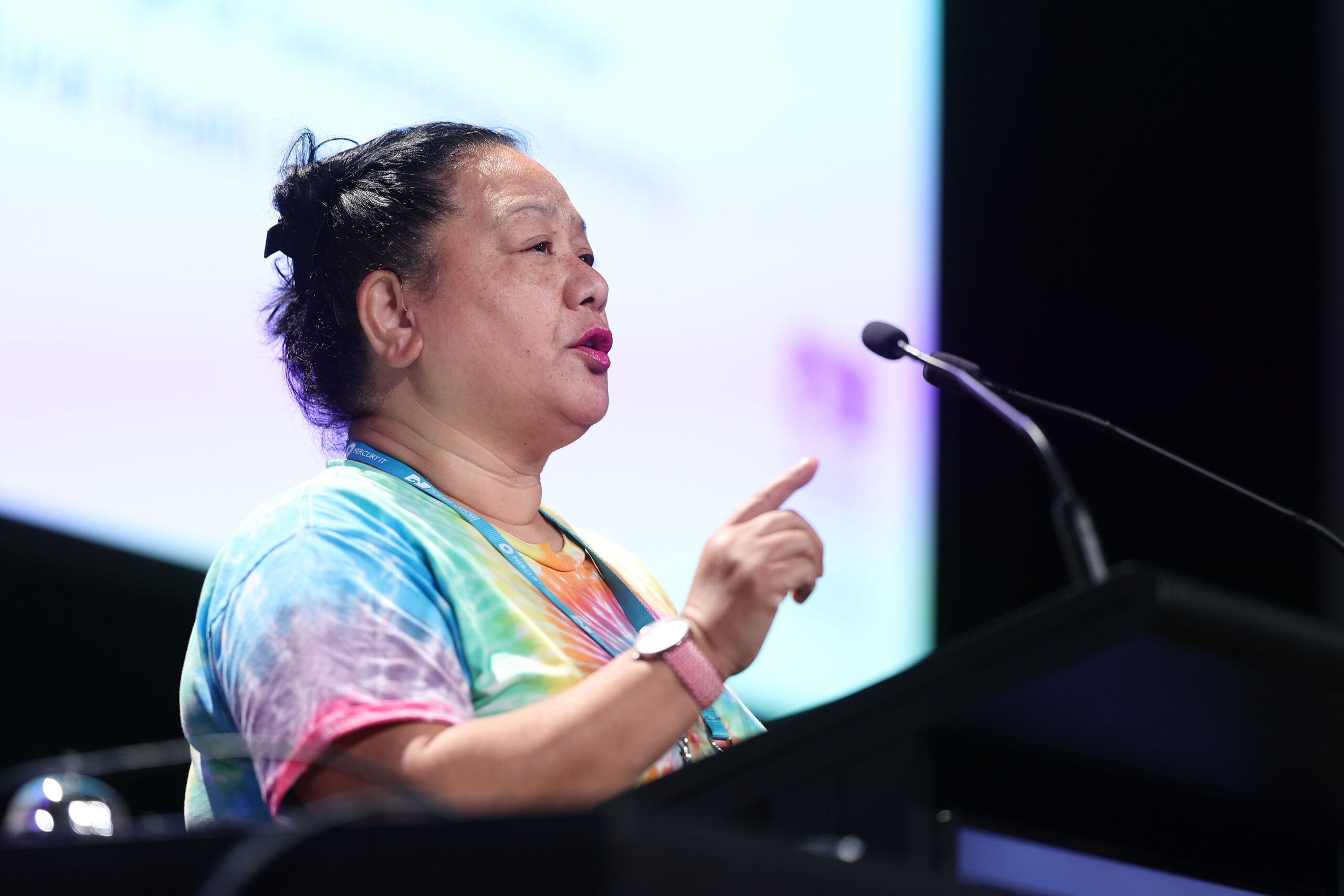
“We are part of this workforce. I was on the campaign for equal pay with [care and support workers’ 2017 pay equity settlement advocate] Kristine Bartlett. What happened? We won. Now I’m standing in front of you guys, who I respect, who I’ve learned a lot from — but please can you start respecting us? We are human,” she said, to loud applause.
Christchurch Hospital HCA Al Dietschin told the conference HCAs and midwives wanted to see themselves reflected in NZNO’s language — such as this ‘challenges for nurses’ panel.
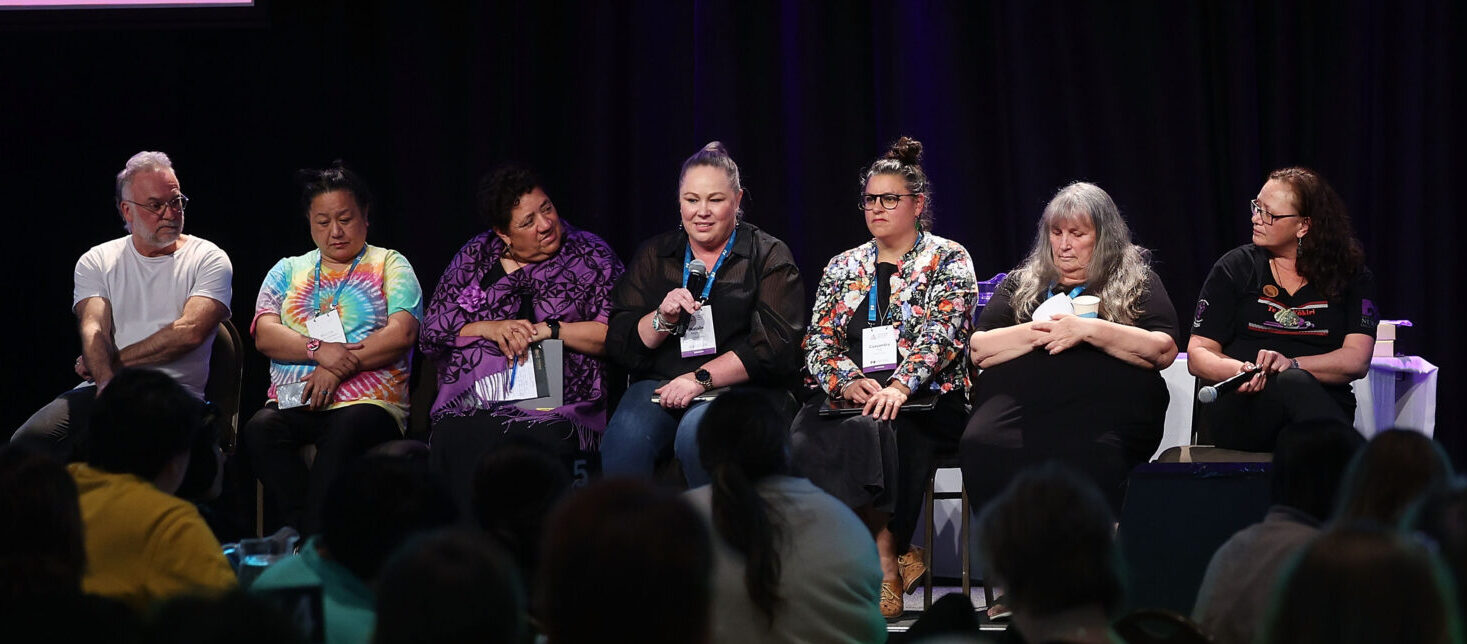
‘Every screw you put on a tyre is important — if you miss one screw, that tyre will fall off. Every person has a vital role to play.’
“I don’t see ‘challenges to HCAs’ written there or even ‘challenges to midwives’, who are also members of this union,” Dietschin said. “It’s our voices who need to speak about our challenges — not nurses speaking for us, about our challenges.”
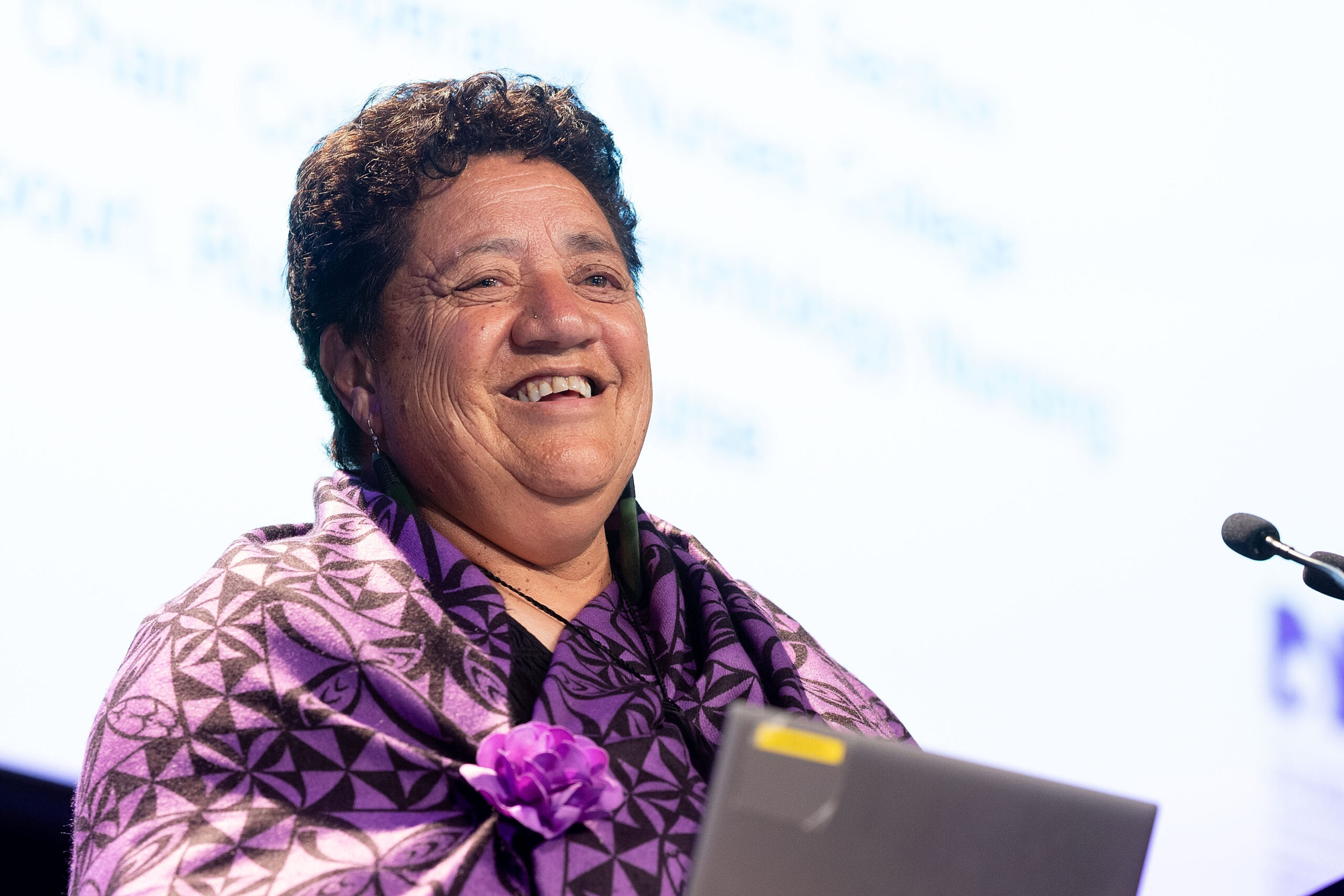
Dietschin reassured nurses HCAs wanted to complement, not threaten, them.
“It’s not about dumbing down or taking away from the scope of practice, its about adding to it. We want to be a part of that — we want to be considered a part of the nursing workforce umbrella.”
Dietschin later told Kaitiaki there was no clear scope of practice for HCAs, “just a really vague job description that varies from place to place” which left HCAs vulnerable to exploitation and overload. He knew of HCAs around the country expected to do nursing tasks such as cannulation, observation, ECG monitoring and urine analysis.
‘Definition’ of HCA role needed
Ansin-Johnson told Kaitiaki the nurse shortage was putting the kaiāwhina (caregiving) workforce under huge pressure, and a basic role definition would protect workers.
“We haven’t got a scope but they were asking us to do things we’ve never done before – things that were the nurse’s job.”
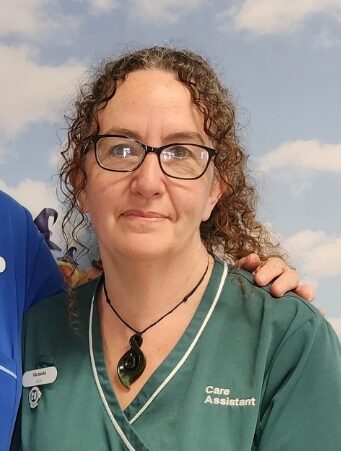
Manawatū HCA Victoria Richards — who successfully lobbied for kaiāwhina awards in her region — told Kaitiaki clear pathways for HCAs were needed, across different sectors. This would allow bridging into nursing for those who wanted it, but also set work boundaries.
‘We haven’t got a scope but they were asking us to do things we’ve never done before – things that were the nurse’s job.’
Te Whatu Ora chief people officer Andrew Slater said there was no work underway to “fundamentally change” the role of HCAs.
“HCAs and nurses have strong existing models for working together which we want to continue building on — and we greatly value the particular skills and capabilities that both HCAs and nurses bring to our clinical team.”
HCAs could never replace nurses, who were registered health professionals under the Health Practitioners Competence Assurance Act, with a regulated scope of practice, Slater said.
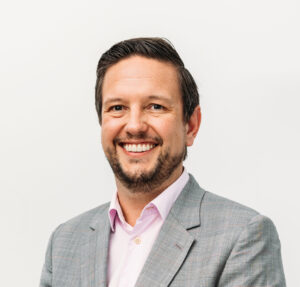
However, HCAs could do a range of different tasks depending on their levels of skill, experience and comfort — “and we are committed to giving HCAs opportunities to make the most of their abilities within their scope of practice”.
Te Whatu Ora also wanted to “enable” HCAs to progress into registered roles such as nursing, should they wish. “This is not a response to shortage, but ensures that our people can grow over time, use their skills, and have pathways to develop over the course of a career in health.”
East Coast community nurse Gina Chaffey-Aupouri said respect for each other went a long way. “Every screw you put on a tyre is important — if you miss one screw, that tyre will fall off. Every person has a vital role to play.”
- Work is underway at NZNO on both the role of the nurse and kaiāwhina.



